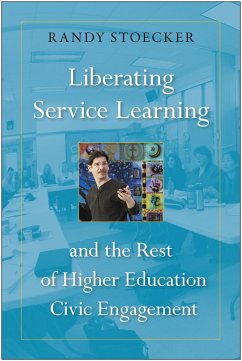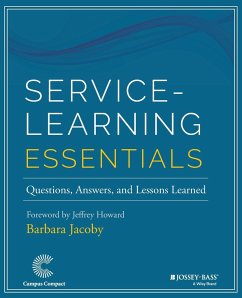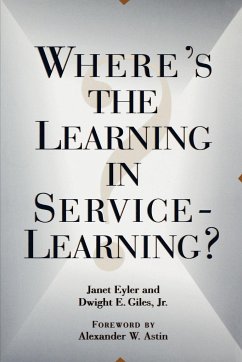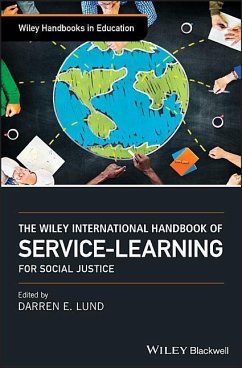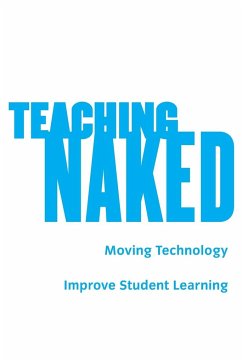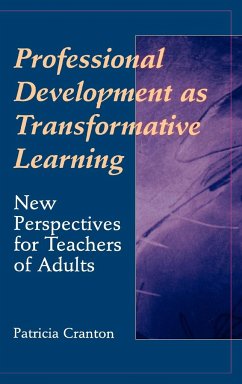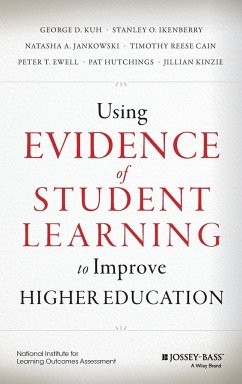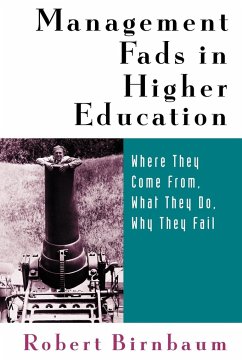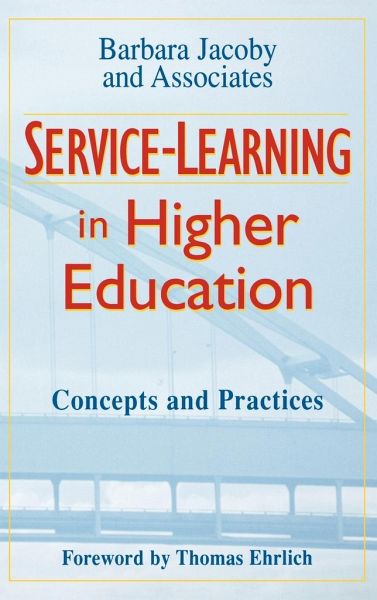
Service-Learning in Higher Education
Concepts and Practices
Versandkostenfrei!
Versandfertig in über 4 Wochen
44,99 €
inkl. MwSt.

PAYBACK Punkte
22 °P sammeln!
"Rooted in Dewey, building on the work of the National Society for Experiential Education and its predecessors, this comprehensive volume is useful for experienced practitioners and newcomers alike. Academic deans, department heads, and faculty members will profit mightily from its solid combination of conceptual underpinnings and specific institutional examples." --Arthur W. Chickering, University Professor, George Mason University



